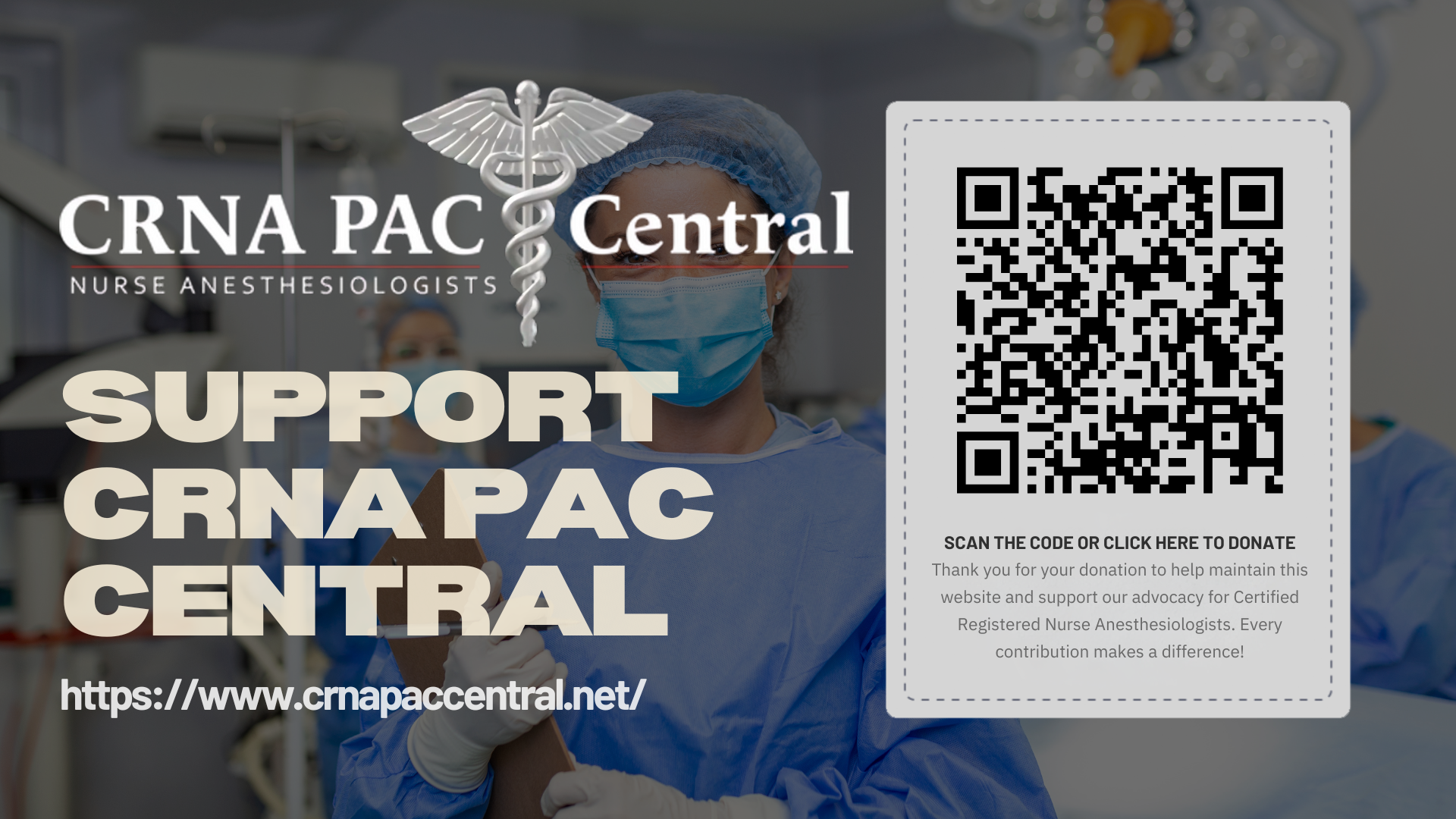Clinical/Practice Doctorate
Entry-into-practice competencies for the nurse anesthesia professional prepared at the practice doctoral level are those required at the time of graduation to provide safe, competent, and ethical anesthesia and anesthesia-related care to patients for diagnostic, therapeutic, and surgical procedures.
Entry-into-practice competencies should be viewed as the structure upon which nurse anesthetists continue to acquire knowledge, skills, and abilities along the practice continuum that starts at graduation (proficient) and continues throughout their entire professional careers (expert).
ALL PHYSICIANS ARE DOCTORS BUT NOT ALL DOCTORS ARE PHYSICIANS
Are Nurse Practitioner Doctors Real Physicians? No longer are physicians the only healthcare professionals with a doctorate degree (i.e., MD or DO). Pharmacy recently transitioned to doctoral preparation, mandating that students earn a doctor of pharmacy degree (PharmD) in order to practice. Audiology (AuD), physical therapy (DPT), and occupational therapy (OTD) have also done the same. Now, nurse practitioners and Certified Registered Nurse Anesthesiologists (CRNAs) arrive on the job with a doctor of nursing practice degree (DNP) or Doctor of Nurse Anesthesiology Practice (DNAP). When the entire healthcare team has a doctorate, the question arises, Who is the doctor? It seems simple enough — professionals with doctoral education go by “doctor.”
The public tends to associate the title “doctor” with the MD degree; however, they address other professionals this way, too:
- Osteopaths (DO)
- Podiatrists (DPM)
- Dentists (DDS or DMD)
- Naturopaths (ND)
- Optometrists (OD)
- Psychologists (PsyD)
- Chiropractors (DC)
The questions is, why are "nurses" not given the same recognition or respect for their educational standing as other providers? Are we so caught up in common dogma that we are incapable of championing another healthcare provider for improving their educational standards in an effort to improve patient care or the quality of those institutions that provide that care? Or is it because nursing is predominantly female whereas the aforementioned professions are predominantly male? Could it just be good old fashioned sexism?
"Regarding the education of CRNAs, as of 2022, the Council on Accreditation for
Nurse Anesthesiology (COA) mandated that all nurse anesthesiology programs to
matriculate their residents at a doctorate level education for a minimum period of
3 years. Hence, as of 2025, all nurse anesthesiology residents will graduate with
either a DNP or a DNAP in order to meet the minimum requirements necessary to
sit for their national Board Certification Exam"
The word “doctor” actually comes from the Latin term docere, meaning “to teach.” The Merriam-Webster Online Dictionary defines doctor as, “a learned or authoritative teacher; a person who has earned one of the highest academic degrees conferred by a university.” By these definitions, the title belongs to any person receiving a doctoral degree in any field.
An argument can made that MDs should just call themselves physicians rather than doctors. The fact of the matter is, anyone with a terminal doctorate degree has the right to use the word doctor, hence, there can only be one physician but there are many types of doctors.
There should be no confusion. In this day in time, in the clinical setting, patients know that a ‘doctor’ could be a physician, an advanced practice registered nurse, a pharmacist, or a psychologist, etc. We need to think not of our own egos but whether or not our patients feel safer or in better hands knowing that everyone on the healthcare team has been trained at the highest level - which is now doctoral level education for most healthcare providers.
“The advanced educational preparation of all members of the interprofessional team should be celebrated, not hidden. Indeed, it is this advanced educational preparation that will serve to improve healthcare outcomes and quality of care. Moreover, it is envisioned that someday soon, the entire healthcare team will be doctors. This team of doctors may include pharmacists, physical therapists, occupational therapists, nurses, and physicians who all strive toward the same goal, each with valuable knowledge and expertise that should be acknowledged equally.”
Dr. Lisa Astolos Chism

